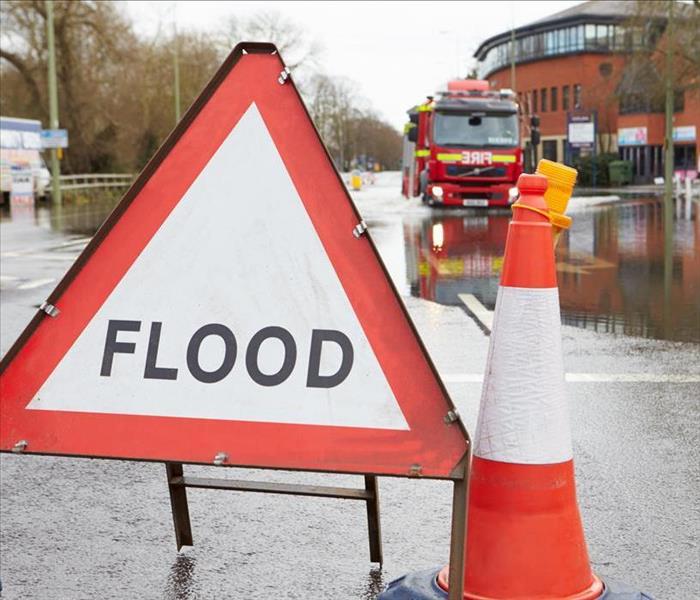Dos and Don'ts During a Flood
5/28/2021 (Permalink)
Even seemingly shallow flood water poses many hidden dangers. The more you know about those dangers before you experience a flooded home, the better you can avoid those dangers and resulting water damage.
What To Do And Not Do During a Flood
What You Should Do After a Flood
As flood water begins to recede, you may feel anxious to begin your cleaning and repair efforts. Before you wade into the murky water, however, focus on some safety steps:
- Tune a battery-powered radio to a Layton, UT, news channel for updates from utility companies and other local officials.
Turn off electricity, water, and gas throughout your home. This is especially important if you plan to evacuate.
- Open the doors and windows to allow ventilation.
- If it is safe to be in your home, move electronics, belongings, and valuables from wet areas of the home and into dry rooms.
- Take pictures of the damage for your insurance company.
- Contact water damage cleanup and restoration professionals to assess the property damage and provide an estimate for their work.
What You Should Not Do After a Flood
In addition to the steps you should take, there are several things you should not do. Avoiding flood-related dangers can keep your family safer and could prevent further damage:
- Stay out of the water. This includes on the roads and sidewalks around your home. It also means staying out of water inside your home. The water may contain harmful chemicals and biohazards. It is also difficult to tell how strong the current is, even in shallow water.
- Don't touch the water in your home. In addition to carrying contaminants, the water in your home could also be carrying an electrical charge.
- Don't ignore the warnings and directions provided by emergency responders. When you disobey those professionals, you put your own safety and the safety of others at risk. You also make the jobs of firefighters, police officers, first responders, and other officials much harder.
Stay Calm and Informed
Flood water can cause a lot of damage, but your calm, informed response can help you avoid extra problems. Your knowledge of what to do and not to do may keep you, your family, and your home safe.






 24/7 Emergency Service
24/7 Emergency Service
